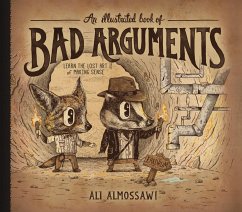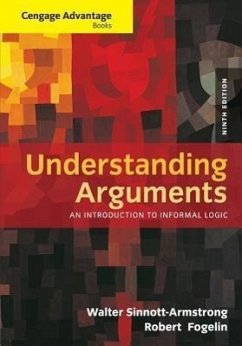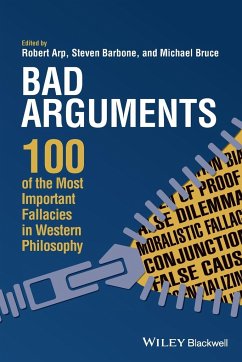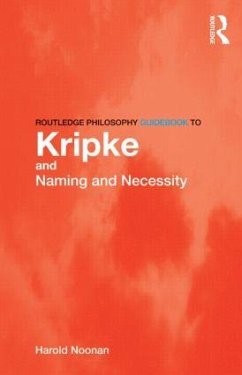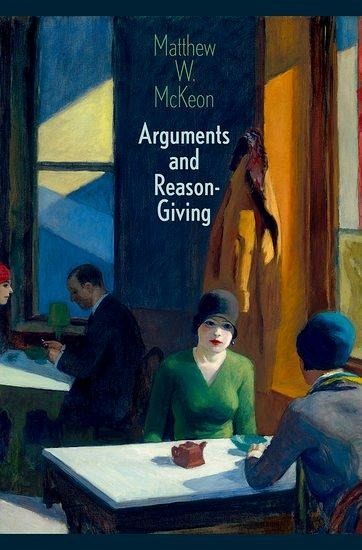
Arguments and Reason-Giving
Versandkostenfrei!
Versandfertig in über 4 Wochen
118,99 €
inkl. MwSt.
Weitere Ausgaben:

PAYBACK Punkte
59 °P sammeln!
Arguments figure in our everyday practices of giving reasons. For example, we use arguments to advance reasons to explain why we believe or did something, to justify our beliefs or actions, to persuade others to do or to believe something, and to advance reasons to worry or to fear that something is true. This book is about our uses of arguments to advance their premises as reasons for believing their conclusions, i.e., as reasons for believing that their conclusions are true. What, exactly, is involved when you successfully use an argument to advance the premises as reasons for believing the ...
Arguments figure in our everyday practices of giving reasons. For example, we use arguments to advance reasons to explain why we believe or did something, to justify our beliefs or actions, to persuade others to do or to believe something, and to advance reasons to worry or to fear that something is true. This book is about our uses of arguments to advance their premises as reasons for believing their conclusions, i.e., as reasons for believing that their conclusions are true. What, exactly, is involved when you successfully use an argument to advance the premises as reasons for believing the conclusion? Philosopher Matthew W. McKeon suggests there is more involved than one might think.




